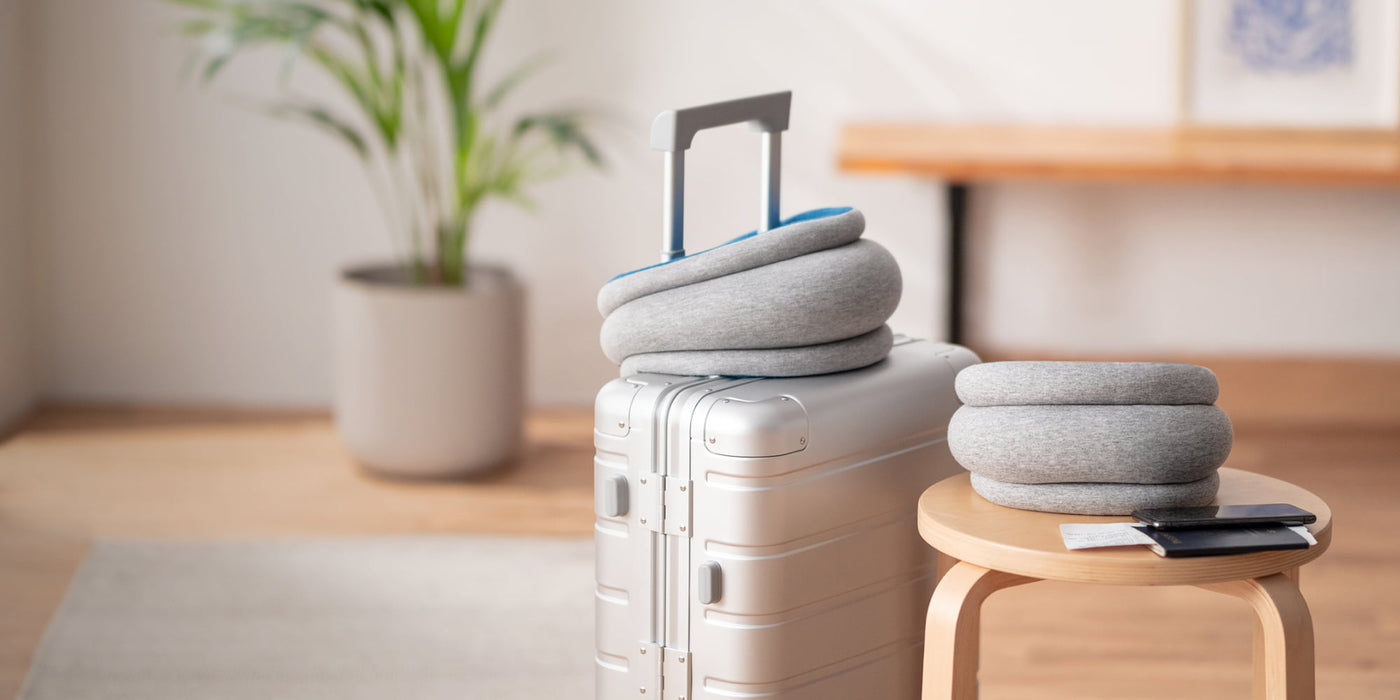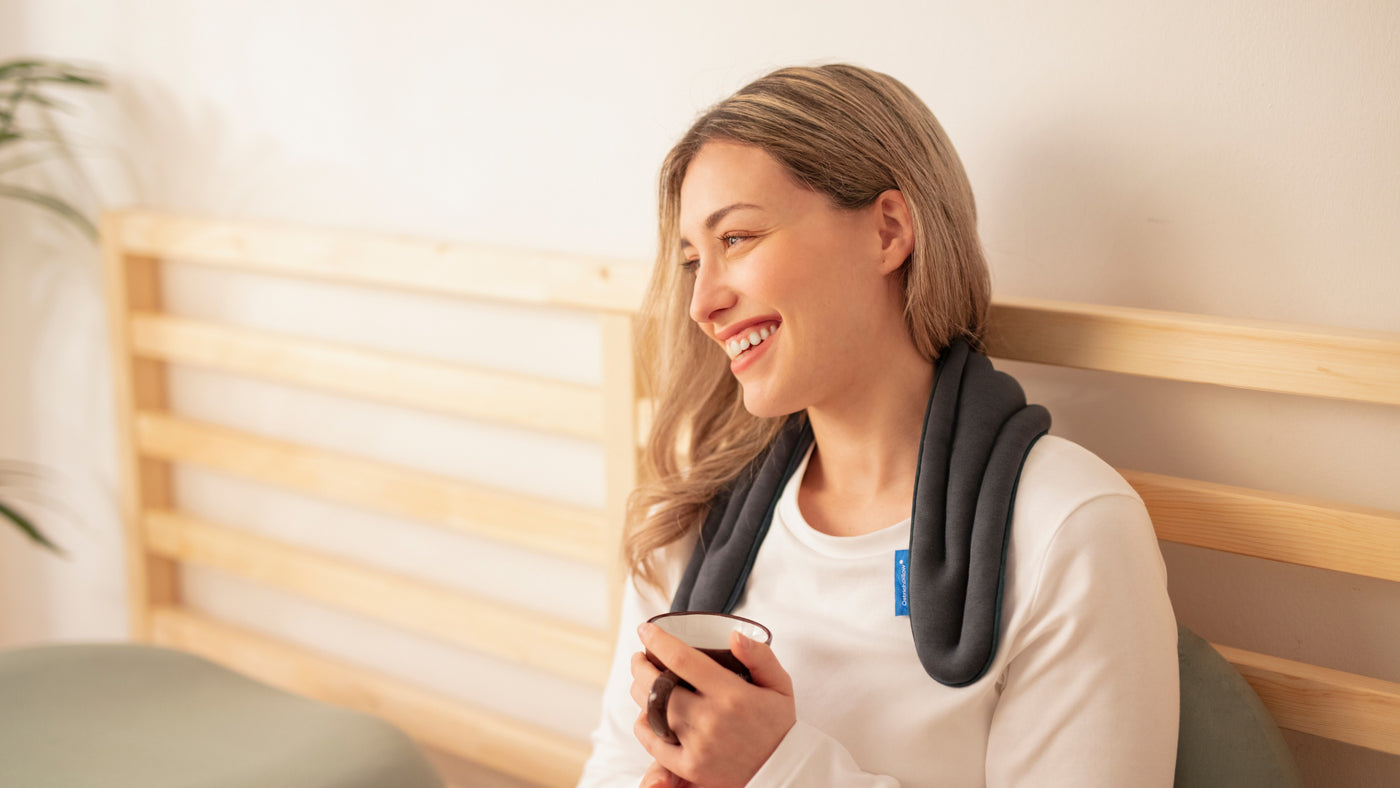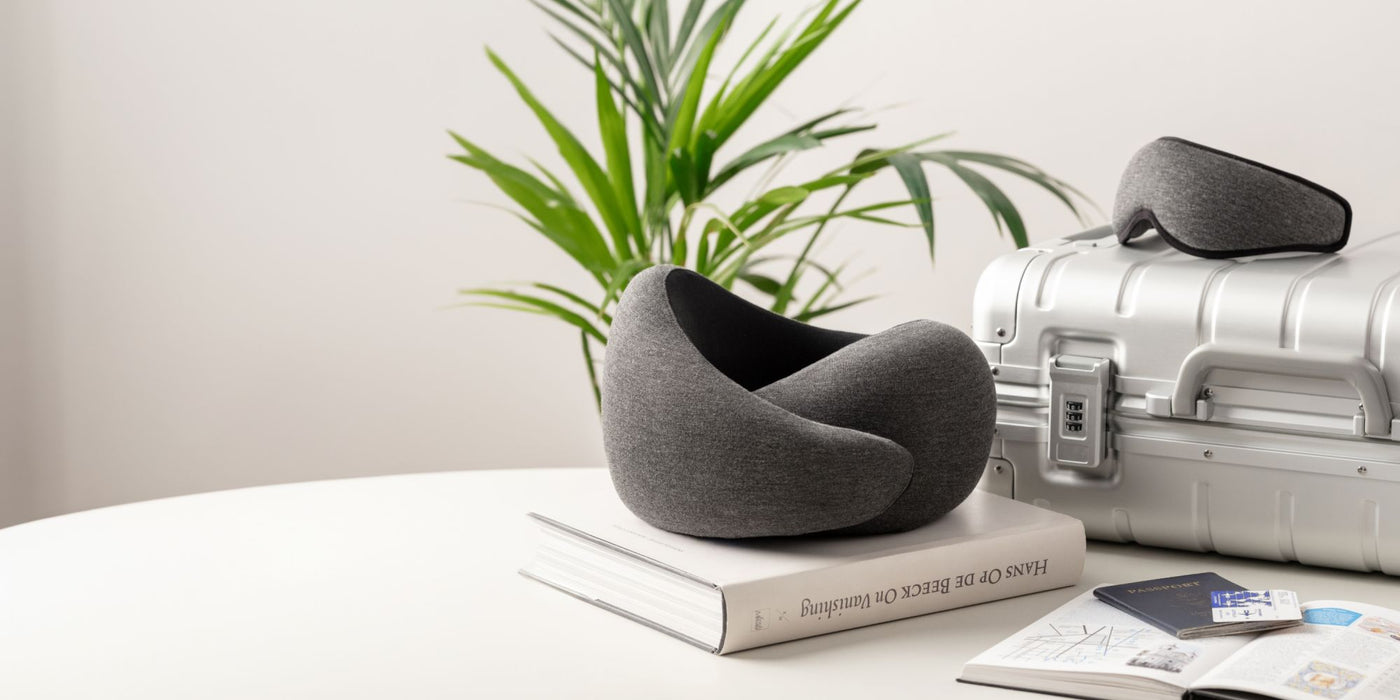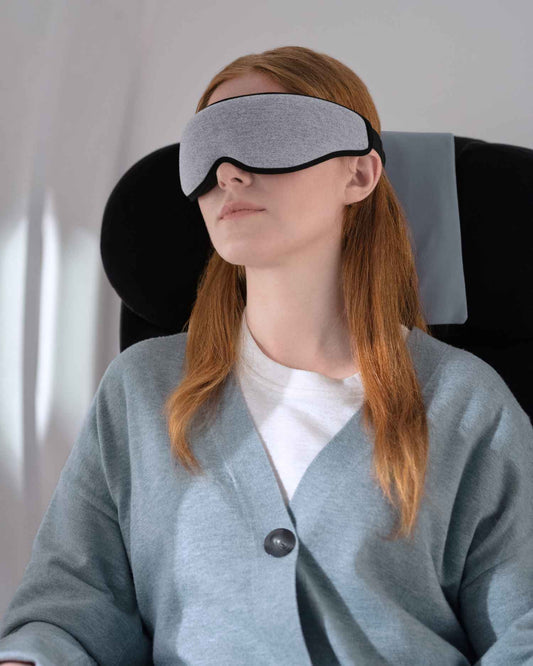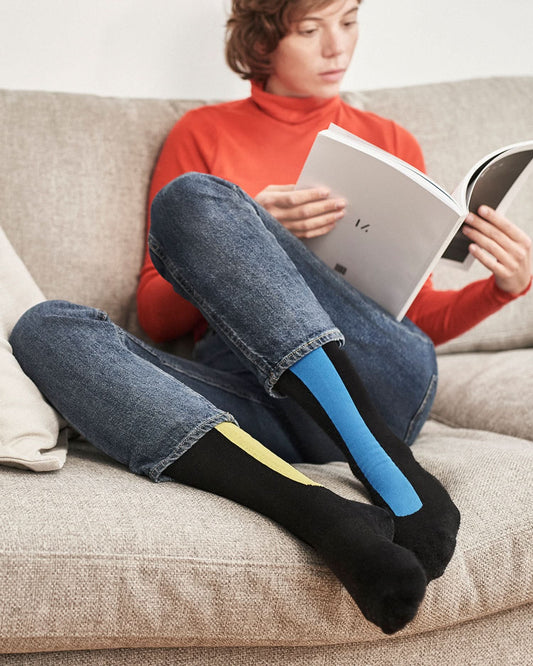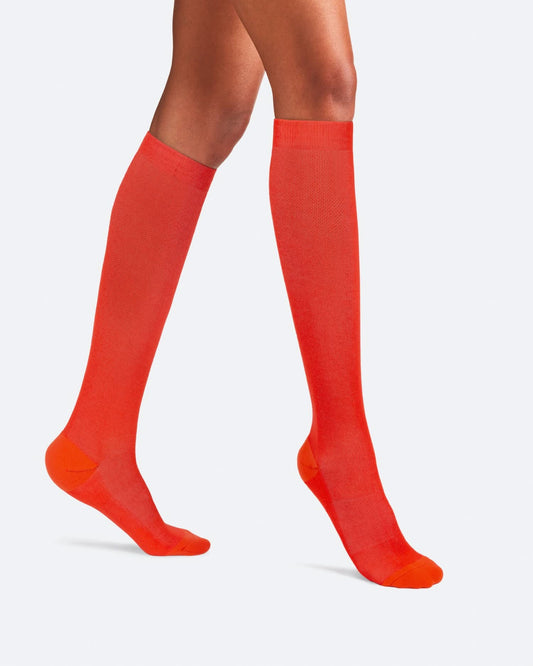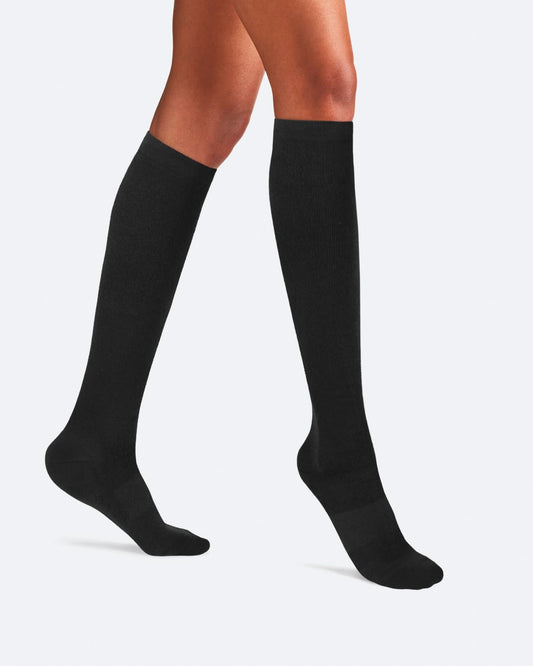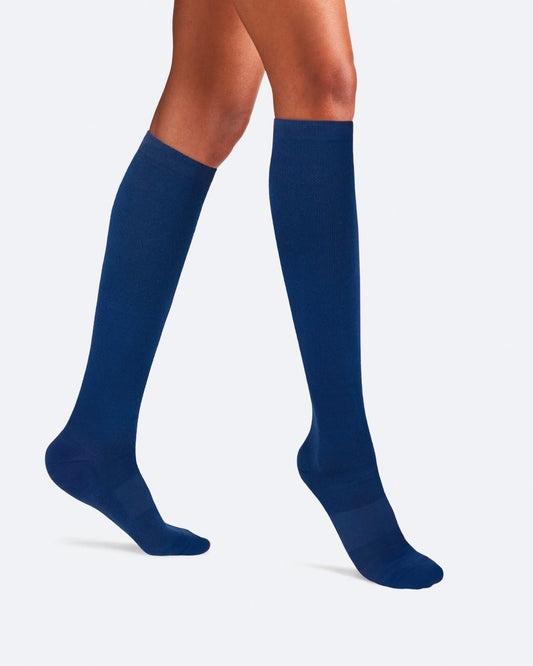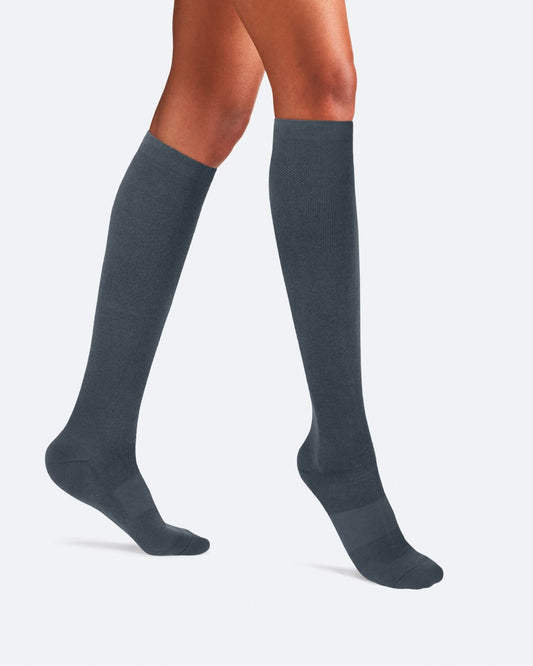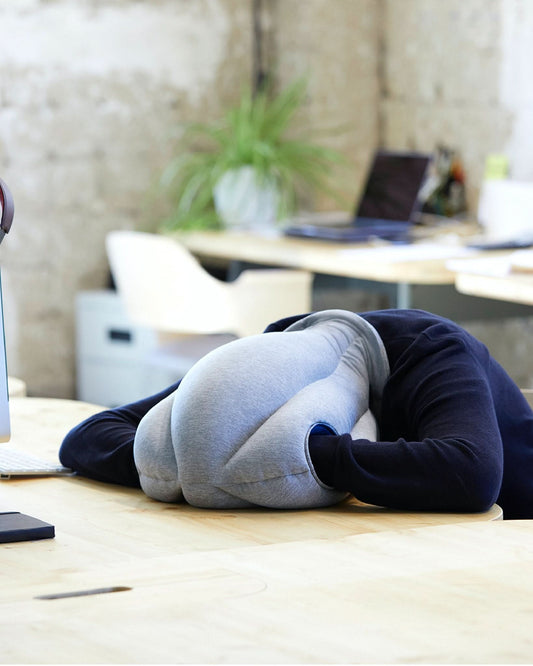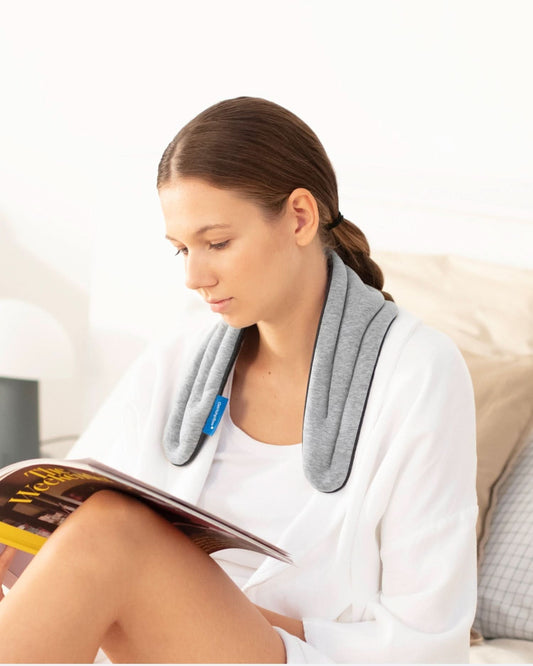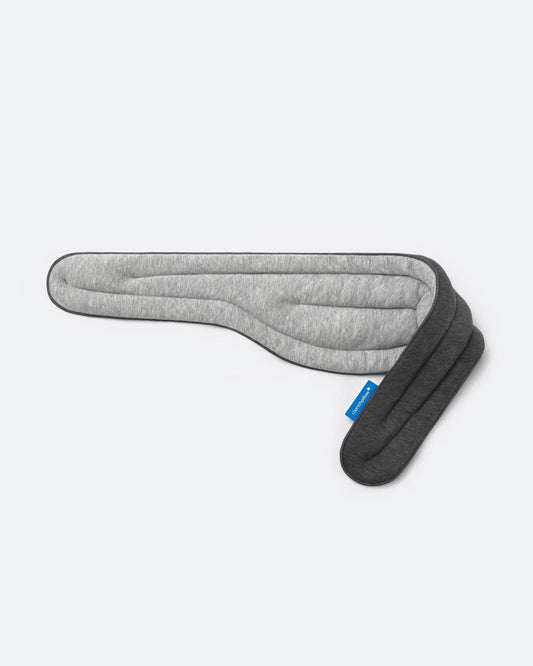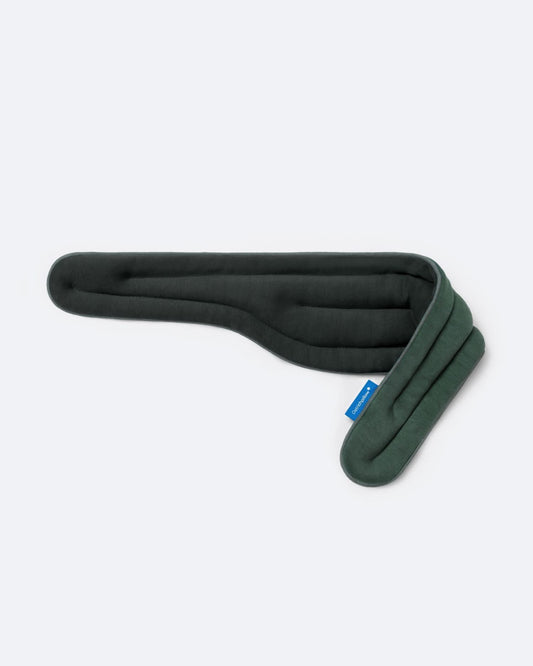
Whether you miss your bed or you’re having trouble snoozing in a new place, you’re not alone. Here’s how you can cope with this phenomenon known as travel insomnia.
The can’t-sleep blues
We’ve all been there. You head out on holiday and hit the hay, only to end up tossing and turning until the wee hours of the morning. Changes in routine, an unfamiliar bed, and anxiety all contribute to travel insomnia, and it can be a real impediment to enjoying your vacation. Many people struggle with this sleep issue, which may have an evolutionary basis meant to protect us from unexpected danger when in a new place, according to some studies.
Hacking the “first night effect”
In order to avoid the dreaded “first night effect” — the experience of being unable to fall or stay asleep the first night staying in a new place — sleep experts advice travelers that when traveling for an important event, they should plan to arrive at their hotel or vacation rental earlier than the night before.

Packing your own pillow
One tip that frequent travelers swear by? Bringing along something that reminds you of the comforts of home — your own pillow, with the perfect amount of softness and support — is a great way to help boost your chances of getting a good night’s sleep while on the road.
Start planning ahead of time
Many travelers may also experience anxiety that keeps them from sleeping soundly before they even leave for their trip. Fixating on all the things that could possibly go wrong — a forgotten passport, lost luggage, a missed alarm — causes you to spiral into worry, spiking cortisol levels and dashing hopes for some pre-travel shut-eye.
Experts say that to combat travel anxieties, you should pack and plan as early as possible. Still anxious? Try naming your fears aloud and working through the likelihood that each is going to happen. This can help alleviate fear of the unknown that can keep you awake before a trip.
Let your rhythm be your guide
You’re probably familiar with the idea that everyone has their own individual sleep patterns, guided by genetics, lifestyle, and personal preference. Whether you’re an early riser or a night owl is determined partially by your chronotype — a designation that influences how you go through your day, and offers guidelines on when you are most productive and most likely to need rest and relaxation.
Knowing your chronotype is useful when making travel plans so you can best accommodate your need for shut-eye, and aim to be active when it’s easiest for your body and mind.
Get good Rest on the road
When you know you’ll be spending time away from the comforts of your own bed, it can be useful to pack along a few items to make your stay more enjoyable — and restful. Try taking along some of the following on your next adventure to ensure a restful night’s sleep.
- Earplugs
- Eye mask
- Noise-canceling headphones
- Melatonin tablets
- Neck pillow
- Lavender pillow spray

No matter how you prepare for your journey, you’ll have a more enjoyable experience if you’re well-rested, alert, and ready to go. By thinking ahead and planning for possible sleep disturbances, you can minimize potential hazards and be your best self — and get your best sleep — while on holiday.
At Ostrichpillow, we're all about empowering Rest—anywhere, anytime.
Subscribe
to join the Rest Revolution and receive special offers and inspiration
fresh to your inbox.















